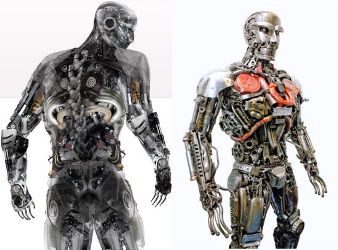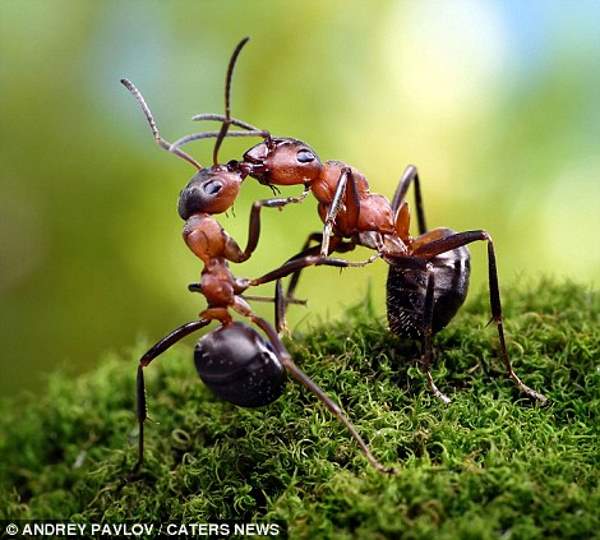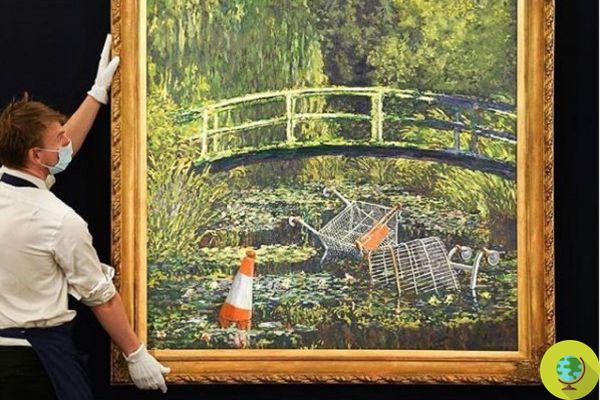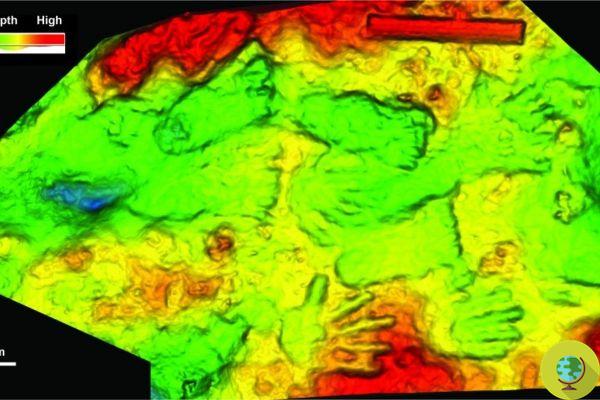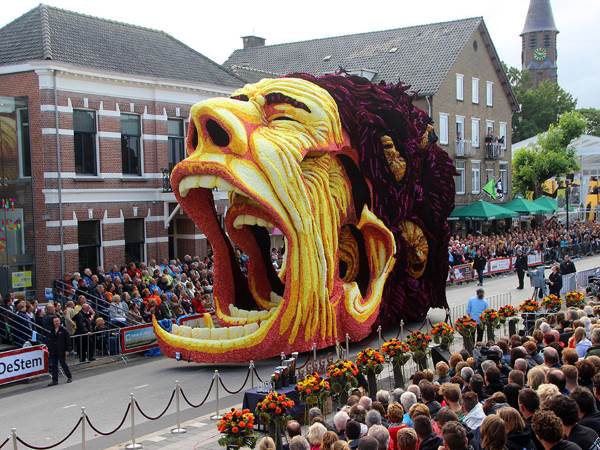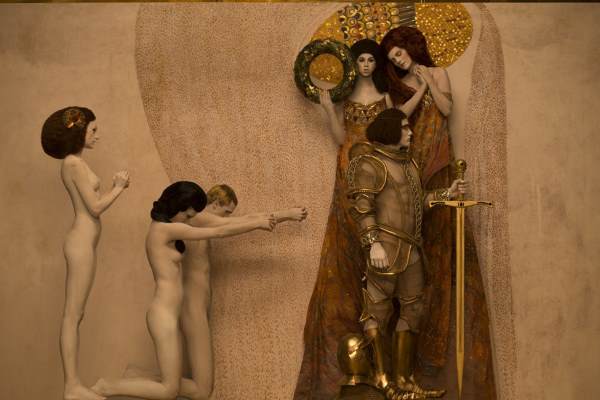Animal Farm is a novel by George Orwell written in 1945 and first published in 1947. It is considered a satirical novel and a great allegory of a part of human history.
La animal farm (Animal Farm) is a novel by George Orwell written in 1945 and first published in 1947. It is considered a satirical novel and a great allegory of a part of the history of mankind.
Orwell's novel is set in a farm where animals rebel because they are tired of exploitation by man. They manage to drive out their master and to introduce in the new state of things the principle "from each according to his abilities, to each according to his needs".
The animal farm is normally considered a parody and a 'allegory of the parable of communism in the former Soviet Union.
The dream of the animals of live in peace and without exploitation ends due to a revolution carried out by the pigs, who decide to take control of the farm and that they become more and more human-like in their behavior, until their leader is actually almost human in appearance as well.
Index
Here is 10 teachings which we can draw from George Orwell's Animal Farm
An allegory of all revolutions
This novel, like the ancient fables of Aesop and Phaedrus, has animals as protagonists and can be read as an allegory of all revolutions which, transforming themselves into a regime, are somehow betrayed.
Exploitation of animals
The speech of the Old Major, the oldest pig on the farm, makes one reflect on exploitation of animals by humans. The novel talks about the theory of Animalism, according to which the work of an animal produces more value than is necessary for its maintenance, and the surplus is stolen by the parasite man.
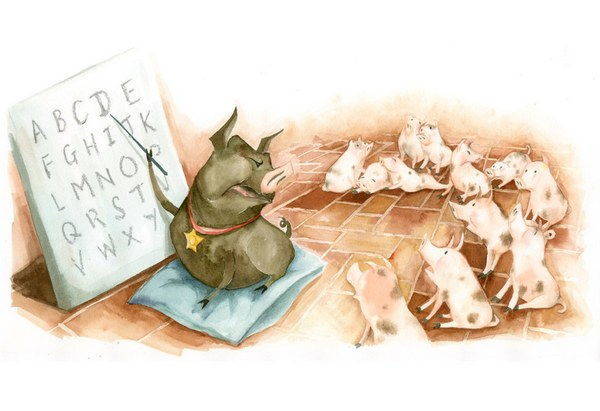
Corruption of ideals
The ideals behind a revolution can be corrupted, they can be changed and in the case of this novel, together with the slogans, they are used to control other animals. The ideals of the revolution of animals against man are corrupted here and history shows us what can happen when the actions of those in power are accepted without questioning.
Read also: 10 LIFE LESSONS FROM THE LITTLE PRINCE
Rebellion of animals against man
Those who care about the welfare of animals reading this novel can realize how, at least in a fantasy world, animals can manage to to rebel to drive out the master of a farm that does nothing but get drunk often and completely disinterested in them. If they could talk and rebel, who knows what they would do towards man the animals that today are forced to live in intensive breeding in conditions unsuitable for their nature.
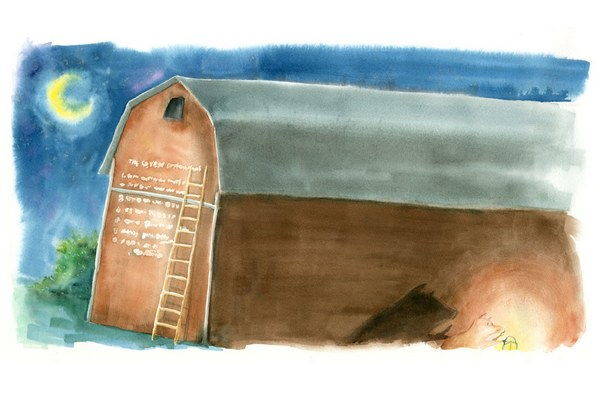
Power dulls good intentions
The initial good intentions of the protagonists of the story, who would like to free the animals from exploitation, are completely blurred due to the desire for power and so soon the animals themselves become very similar to man in his most negative sides. The pursuit of power, forgetting one's initial ideals, can lead to failure, betrayal and corruption.
Communication and public opinion
The novel clearly shows how much the communication can become one power tool capable of influencing public opinion. This teaches us that any message that is communicated to us must be sifted through with intelligence and never taken at face value, especially when the main means of communication are used as propaganda channels.
Read also: HOW TO STOP RUINING YOUR LIFE IMMEDIATELY
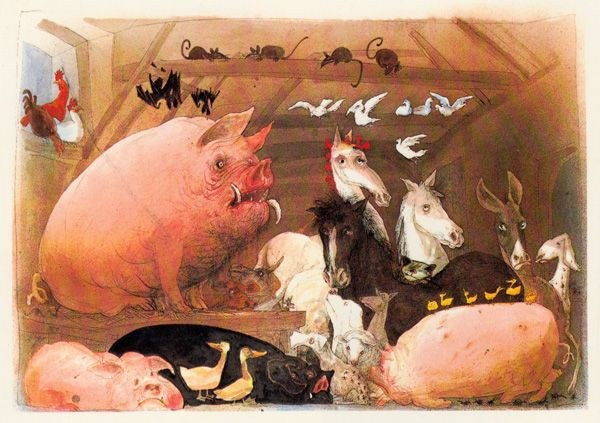
Satire of totalitarian regimes
George Orwell in Animal Farm wanted to make a real one satire of totalitarian regimes with particular reference to the history of the Soviet Union and the Communist government. The thought clearly emerges that also the best of leaders, the person considered most suitable and most intelligent to govern, it can become corrupted when it gains absolute power.
Self-sabotage of our freedom
It is the animals themselves who, after having saved themselves from human exploitation, begin to self-sabotage their freedom in the daily life of the farm. Perhaps we ourselves also place unnecessary limits on our freedom without realizing it e we sabotage our success?
Read also: SELF-MAKING: HOW TO AVOID BECOMING YOUR WORST ENEMY
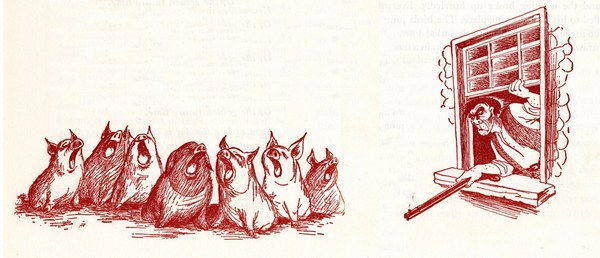
Right of speech and expression
It is essential that within a company the right of speech and expression. Everyone must be free to express their opinion - otherwise it would be like living in a totalitarian regime - but at the same time individuals should learn to confront in a civil way so that clashes between different opinions can become interesting moments of exchange and growth for all, always with the aim of improving both parties.
Respect for all living beings
The most important lesson we can draw from the book George Orwell speaks to us of respect for all living beings, both humans and animals. Unequal treatment and disrespect, together with the mad rush for power, are the biggest reasons for the farm animal society to fail. There human society it can definitely improve its behavior and rely on positive and shared ideals in every area in order to progress towards respect and inclusion rather than regressing towards corruption.
Photo Credits




